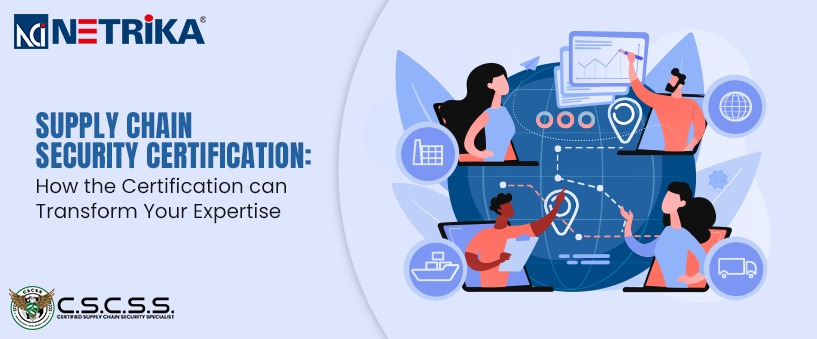
Supply Chain Security Certification: How the Certification can Transform Your Expertise
Post Tags : Certificate In Logistics And Supply Chain Management Logistics And Supply Chain Management Courses Logistics And Supply Chain Management Courses Online Supply Chain Analytics Certification Supply Chain Certification Supply Chain Management Supply Chain Management Certification Supply Chain Management Courses Supply Chain Management Online Course Supply Chain Security

